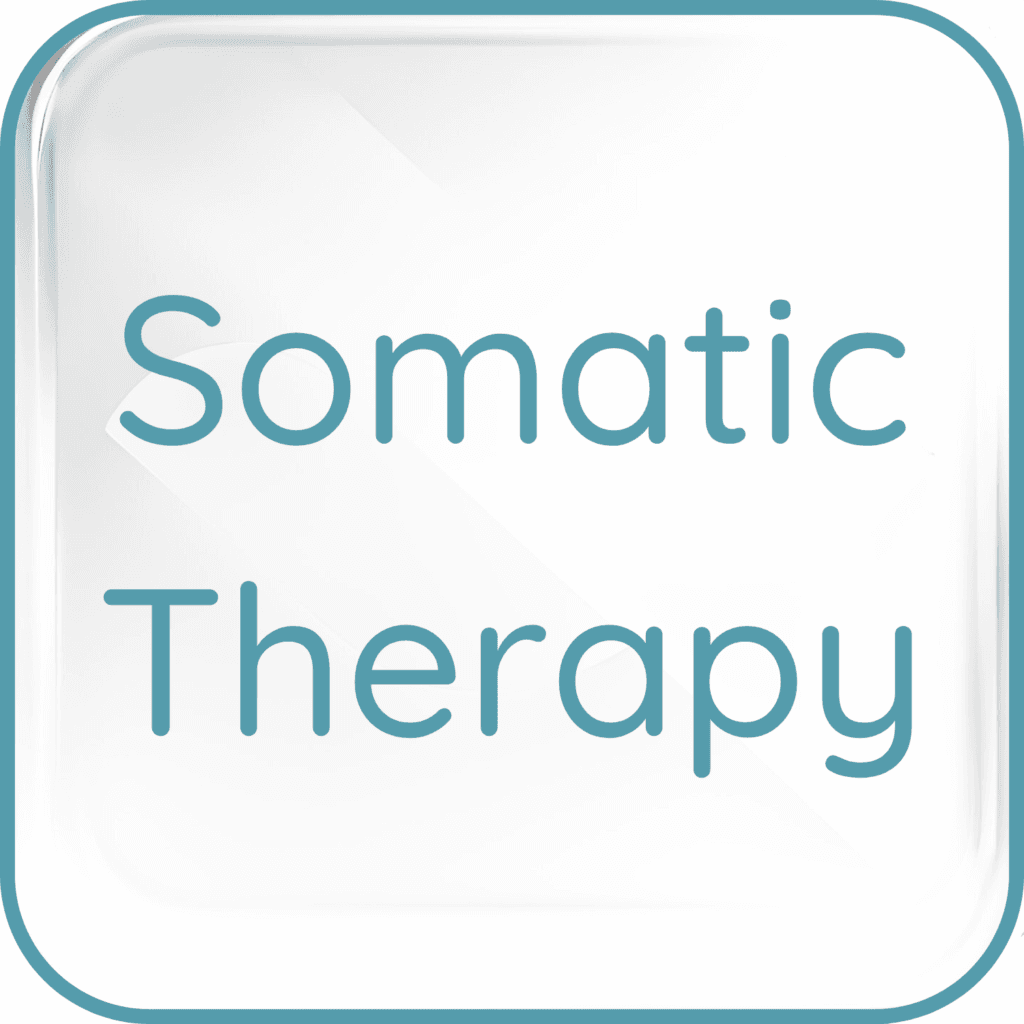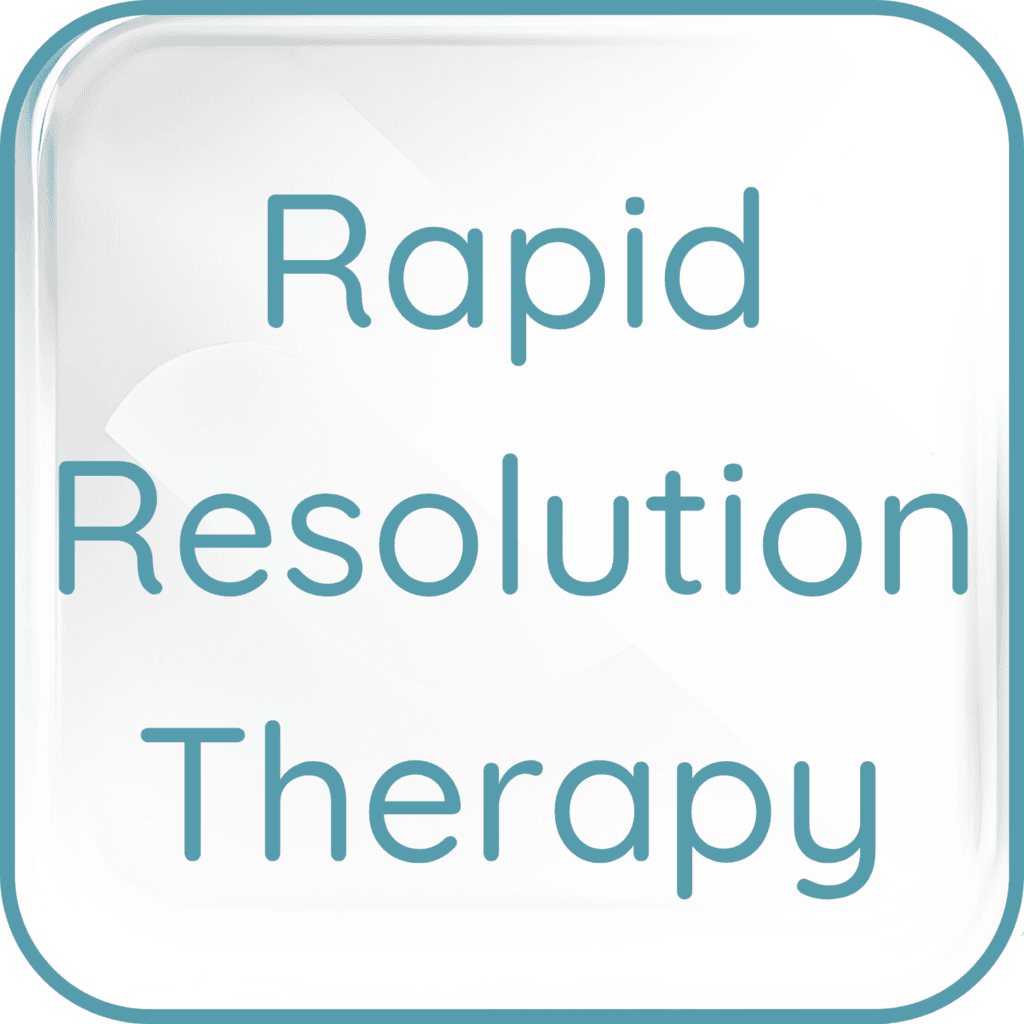We do things differently here. using the latest cutting edge approaches in the industry today.
“Everyone says that working through trauma is hard and that it takes time… quite honestly, it was one of the easiest things that I have ever done. Thank you for being a turning point for my journey of healing… thank you for seeing the real me when I couldn’t see her myself” – JANET
Signs of Unprocessed Trauma
There are so many ways that you may be dealing with or reacting to trauma, leading you to pursue trauma counselling. Unhealthy reactions can include:
- Substance use & various addictions
- Negative relationship patterns
- Attachment issues
- Mood disorders like anxiety or depression
- Sleep problems
- Difficulty managing emotions
- Difficulty setting boundaries
- The development of personality disorders as a way of coping with unprocessed childhood trauma
- And more
For those with historical trauma, it can sometimes be difficult to pinpoint which aspects of their life are attributed to the symptoms, especially if their triggers seem to be random. There may be reactions, behaviours or ways of thinking that would have been useful at the time of the trauma, but are no longer useful now and may be wreaking havoc on your current life. This is often the point where trauma counselling is considered.
“I feel 100% better today. It totally cleared stuckness and my emotional reaction. Thank you from the bottom of my heart for your genuine wholehearted presence, sensitivity and flexibility. I would not have been able to shift things in my mind without your help” – MARIANNA
How To Heal From Trauma
Reading, journalling, self-reflection & self-help books
Meditation, breathwork, yoga and mindfulness
A solid support network of friends, family or peers
A licensed therapist that you trust and connect with
There are many ways that people help themselves heal from their traumatic experiences. On the other hand, there are also numerous ways of treating it with the help of a professional, such as cognitive processing therapy, talk therapies, CBT-Trauma, Internal Family Systems, Rapid Resolution Therapy, Exposure Therapy, Eye-Movement Desensitization Reprocessing (EMDR), and others.
Additionally, FreeMind Therapy offers a variety of methods to meet our clients’ individual therapy needs. One method we are known for includes Rapid Resolution Therapy (RRT) an alternative, emerging, neuroscience approach to treating trauma, where the details do not even need to be disclosed or re-lived, so it is virtually painless. RRT can help clear the effects of trauma within 1-3 sessions.
“I really appreciate how this therapist was personable and made sure she fully understood my needs and what I came in for” – DEB
Next Steps
Seeing a therapist who is experienced in working with trauma is critical to healing from it and having a successful therapy experience. Furthermore, with so many therapeutic approaches to trauma counselling, it’s important to choose a good fit for you.
Firstly, the best way to do this is to book a session with a prospective therapist and get a sense of their approach, and their go-to therapies, and ask questions about their experience and success with clients who have similar issues to yours.

“I can now look at my past issues objectively, and when disturbing memories of certain events are brought up, they just seem to easily pass without effort” – ADAM
What is PTSD?
Post-traumatic Stress Disorder (PTSD) is a set of symptoms that occur after experiencing a traumatic event or series of events. Unlike everyday experiences, the data related to a traumatic event may become stuck during processing, leading to symptoms that can affect daily life.
When trauma remains unprocessed, the mind may react as if the trauma is still happening, resulting in a range of symptoms. At our PTSD therapy services, we can help you process trauma and overcome symptoms. Contact us today to start your journey towards healing.
PTSD is a prevalent condition in Canada, affecting millions of people, which is approximately 8% of the population. If you are experiencing PTSD, know that you are not alone. The disorder can result from various traumatic experiences, including:
- Sexual assault or rape
- Car accident
- Veteran trauma
- Childhood trauma
- Molestation or abuse
- Witnessing a stressful event
- Death of a loved one
- Physical assault
- Repeated exposure to traumatic events at work (example: first responders)
- Workplace accident
Therefore, it’s crucial to seek help and support to manage the symptoms and improve your overall well-being.
How do i know i have PTSD?
In order to meet the diagnostic criteria for Post-Traumatic Stress Disorder (PTSD), symptoms must persist for more than one month after exposure to a traumatic event. In some cases, full symptoms may not develop until up to six months after the event. Here is a brief overview of common symptoms associated with PTSD:
- Intrusive re-living of the trauma
- Flashbacks, nightmares unwanted thoughts
- Avoidance of triggers
- Anything that reminds of the trauma
- Changes in cognition or mood
- Memory, isolation, etc.
- Reactivity
- Hyper-vigilance, irritable, trouble sleeping, etc.
“I feel free, light and excited about my future” – CAL
How to heal from PTSD?
There are various treatments available for PTSD, such as cognitive processing therapy, exposure therapy, talk therapies, CBT-Trauma, EMDR, and Internal Family Systems. Self-help methods and medication prescribed by a psychiatrist can also be useful in combating PTSD symptoms.
However, deeper, subconscious work is often needed to clear up the stuck data. The good news is that it doesn’t have to be a lengthy and painful process. With Rapid Resolution Therapy (RRT), an alternative, emerging neuroscience method of treating PTSD and trauma, the details of the trauma do not even need to be disclosed or relived. RRT can get to the root of the issue and clear PTSD symptoms within 1-3 sessions, or over a series of 50-minute sessions.
At FreeMind Therapy, we offer Trauma Informed therapy through RRT, Cognitive Processing Therapy, CBT for Trauma, Somatic Therapy and others. It’s critical to work with an experienced therapist in treating PTSD for healing and a successful therapy experience. With so many therapeutic approaches available, it’s important to choose the right fit for you. Book a consultation with us to learn more about our trauma approaches and which therapist is best suited for your needs.
Contact Us Directly











